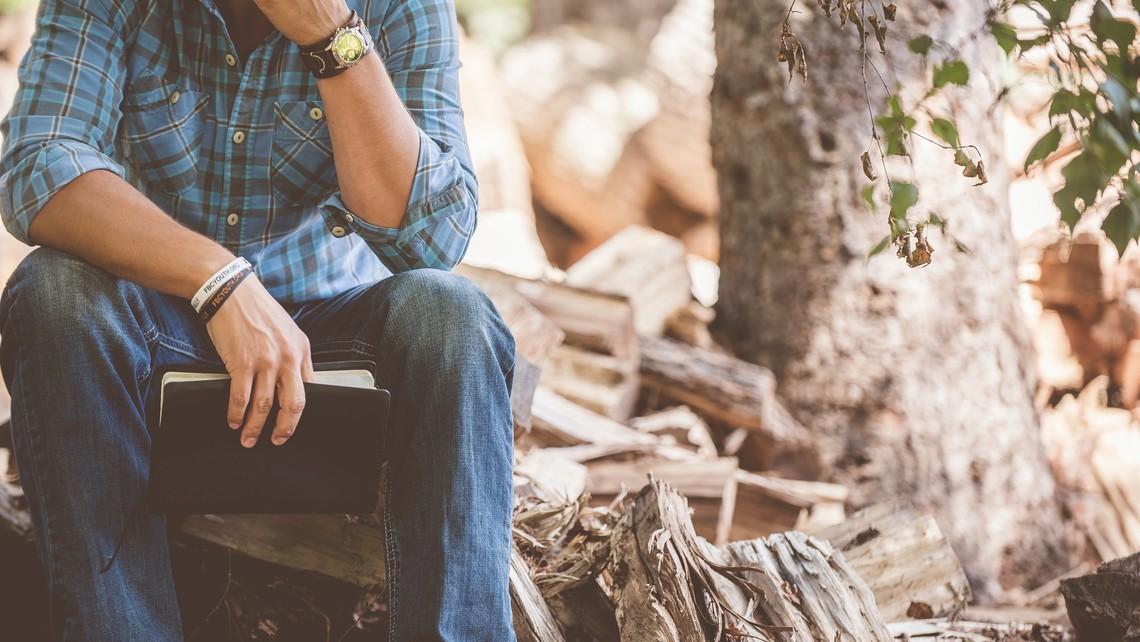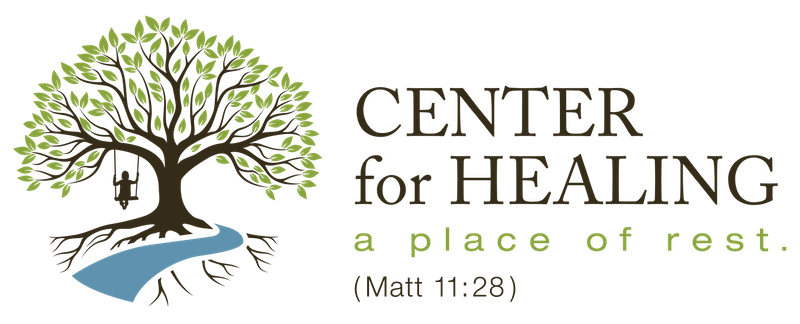
Life is picking back up. Employees are going back to work, school started (probably online), kids sports are (mostly) back and the world's massive slow down will come to an end, eventually. If there is one thing I am learning from these COVID times, it's been refreshing to slow down. Yes, life needs to move forward, but what can we learn from the pandemic? What are the practicals you want to take and implement into your life? Maybe it's getting up a bit earlier to pray. Maybe it's going for a walk every day. Or it's slowing down the pace of work and family life, in whatever way COVID taught you that. Two Gospels from the 18th and 19th week in Ordinary Time speak into the proper order of life, the rhythms for which God created us, which the crooked line of COVID might be teaching us to write straight with.
In Mt 14: 13-21, Jesus heard that John was killed and 'He withdrew in a boat to a deserted place by himself.' It was time to grieve because his cousin had been martyred for standing up for the Truth. Jesus plugged into the Father and soaked in time to be heard and understood and to be comforted. But, it seems that not long after this retreat, the crowds followed him on foot. He was moved with pity, cured them and fed the 5,000.
After this great pouring out of His love, 'He made the disciples get into a boat and precede him to the other side, while he dismissed the crowds. After doing so, he went up on the mountain by himself to pray,' (Mt 14: 22-24). In His humanity, Jesus needed some space, time with the Father and further processing of His grief. He was there all evening and into the fourth watch of the night, when the storm hit. He walked on water, encountered Peter and calmed the storm. The disciples did him homage, "Truly you are the Son of God."
What is the pattern? Jesus lost his cousin, the one who preceeded Him. In His humanness, He needed time to just be a son, to be taken care of and to entrust Himself to the Father. Then he poured Himself out feeding the 5,000 and the order started over. Withdraw, fill up, receive and pour out.
As a parent, have you ever tried to sneak into the bathroom to get five minutes to decompress? Your kids have a radar and find you in 3 minutes. At work, do you set aside time to do a project, then you're interrupted and your plans completely change for the day? If you're single, have you planned a quiet weekend but then family shows up Saturday and friends need you on Sunday? Life demands a lot of giving.
However, you can't give what you don't have. In Jesus' human nature, He taught us how to properly order our life. Pace, rhythms and quiet mindfulness are the source of emotional and mental health. We need solitude in order to be wise. We need to withdraw, because by engaging this sort of contemplation, our emotions become well ordered. "The passions well ordered are a means of discerning the will of God," St Augustine. The Father wants to embrace you, Jesus holds you with His gaze and the Spirit will sustain you.
We're called to be like Jesus, yes. But we're also in the crowd of 5,000 and we're hungry. We're in the boat and scared of the storm. COVID has taught us that we're vulnerable and not in control. It's taught us to slow down and remember our true identity. "You're looking for someone looking for you," says Dr Curt Thompson (2010). Let's put ourselves in a position for God to seek us out, to look for us and find us. Because if we do, if we make ourselves a bit vulnerable, he'll satisfy our hunger and calm the storm.
Peace,
Michael Ciaccio MS, LPC, SATP



